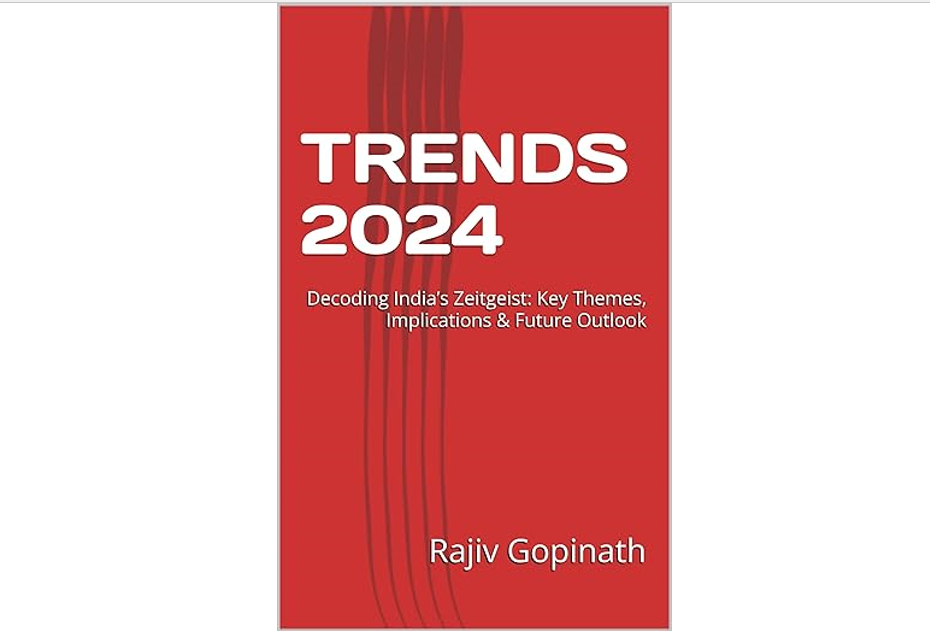Interview-Led Persona Development
My understanding of customers transformed during an otherwise routine product research session. I was observing from behind the glass as our moderator ran through scripted questions with a focus group. Fifteen minutes in, one participant suddenly went off-script: "Look, that's not why I bought your product at all," she said, explaining a use case we'd never considered. The room's energy shifted as others nodded vigorously. That moment revealed how our internal assumptions had created a dangerous divide between our perception and our customers' reality. This experience sparked my fascination with interview-led persona development—the art and science of letting customers speak for themselves rather than speaking for them. I've since discovered that the most profound marketing insights often emerge not from data dashboards but from direct customer conversations.
Introduction: The Renaissance of Qualitative Research in Digital Marketing
While advanced analytics and big data have dominated marketing discourse, a counter-movement toward deep qualitative understanding through customer interviews has emerged among leading organizations. This shift acknowledges that while behavioral data reveals what customers do, only direct conversations uncover why they do it—transforming surface-level understanding into profound customer insight.
Research from Harvard Business School indicates that companies integrating regular customer interviews into their persona development achieve 27% higher marketing ROI and 33% improved product-market fit compared to those relying solely on quantitative data. Meanwhile, a Northwestern University Kellogg School study found that interview-informed marketing strategies create 3.2x stronger brand resonance with target segments.
1. Conducting Effective Customer Interviews
Modern interview-led persona development employs sophisticated methodologies:
Interview Structure Design
- Progressive disclosure questioning techniques
- Context-setting environmental considerations
- Cognitive bias mitigation approaches
- Non-verbal signal recognition training
Participant Selection Strategies
- Diverse representation balance requirements
- Customer lifecycle stage inclusion mapping
- Behavioral archetype identification
- Representational validity verification
Insight-Generating Interview Methods
- Problem narration elicitation techniques
- Decision journey retrospective walkthroughs
- Alternative consideration explorations
- Value perception depth-probing
Innovation consulting firm IDEO revolutionized their client services through rigorous interview methodologies. Their "Extreme User" interview approach identifies and engages with customers representing the outer edges of product usage patterns. This method reportedly generates 42% more actionable insights than traditional interview approaches focused on average users.
2. Spotting Patterns and Pain Points
Interview data transforms into actionable insights through systematic analysis:
Pattern Recognition Frameworks
- Thematic recurrence measurement
- Word choice and language pattern analysis
- Emotional inflection mapping
- Contradiction and tension identification
Pain Point Categorization
- Functional challenge classification
- Emotional friction point identification
- Process complexity assessment
- Unmet need prioritization matrices
Contextual Interpretation Methods
- Environmental influence considerations
- Situational usage scenario mapping
- Comparative experience benchmarking
- Solution improvisation documentation
Hospitality leader Marriott International demonstrates the power of pain point analysis through their "Guest Experience Mapping" program. By systematically analyzing interview transcripts for emotional language around travel experiences, Marriott identified previously unrecognized stress points in their guest journey. Addressing these specific pain points through service redesign increased their Net Promoter Score by 24 points within one year.
3. Translating Insights into Strategies
The ultimate value of interview-derived insights emerges through strategic application:
Insight Activation Frameworks
- Cross-functional insight distribution protocols
- Priority-based implementation roadmapping
- Business impact assessment methodologies
- Hypothesis formation and testing approaches
Experience Design Translation
- Message framing optimization based on customer language
- Journey redesign oriented around identified pain points
- Service offering refinement addressing unmet needs
- Product development priority realignment
Organizational Alignment Methods
- Customer voice ambassadorship programs
- Interview insight training for decision-makers
- Regular voice-of-customer immersion experiences
- Direct customer narrative sharing systems
Technology giant Microsoft revolutionized their product development process through their "Customer-Driven Engineering" program. By translating interview insights into specific design requirements, Microsoft ensures engineering priorities align with actual user needs rather than internal assumptions. This approach reportedly reduced feature development waste by 36% while increasing user satisfaction metrics across product lines.
Conclusion: The Interview-Informed Future of Marketing
Marketing strategist Seth Godin has observed that "marketing is no longer about the stuff you make but about the stories you tell." For forward-thinking organizations, interview-led persona development provides the authentic narrative foundation that connects brand stories to customer realities.
The integration of systematic customer interviews into persona development transforms not just marketing effectiveness but fundamentally reorients organizational culture around genuine customer understanding. Companies that excel at interview-led approaches gain unprecedented ability to anticipate needs, address pain points, and create experiences that resonate with profound customer truth.
As interview methodologies mature, the distinction between customer research and strategic development continues to blur, creating unparalleled opportunities for authentic positioning, meaningful differentiation, and sustainable growth through truly customer-centered approaches.
Call to Action
For marketing leaders committed to transforming customer understanding through interviews:
- Establish systematic customer conversation programs with quarterly depth interviews
- Develop rigorous methodologies for turning conversational data into strategic insights
- Invest in training marketing teams in qualitative research techniques
- Create mechanisms to share raw customer language throughout the organization
- Experiment with hybrid methods combining interview insights with behavioral data
The future of marketing effectiveness belongs not to those who analyze the most data or create the most content, but to those who listen most effectively—transforming direct customer conversations into experiences that authentically address real human needs and aspirations.
Featured Blogs

TRENDS 2024: Decoding India’s Zeitgeist: Key Themes, Implications & Future Outlook

How to better quantify attention in TV and Print in India

AI in media agencies: Transforming data into actionable insights for strategic growth

How the Attention Recession Is Changing Marketing

The New Luxury Why Consumers Now Value Scarcity Over Status

The Psychology Behind Buy Now Pay later

The Rise of Dark Social and Its Impact on Marketing Measurement

The Role of Dark Patterns in Digital Marketing and Ethical Concerns








